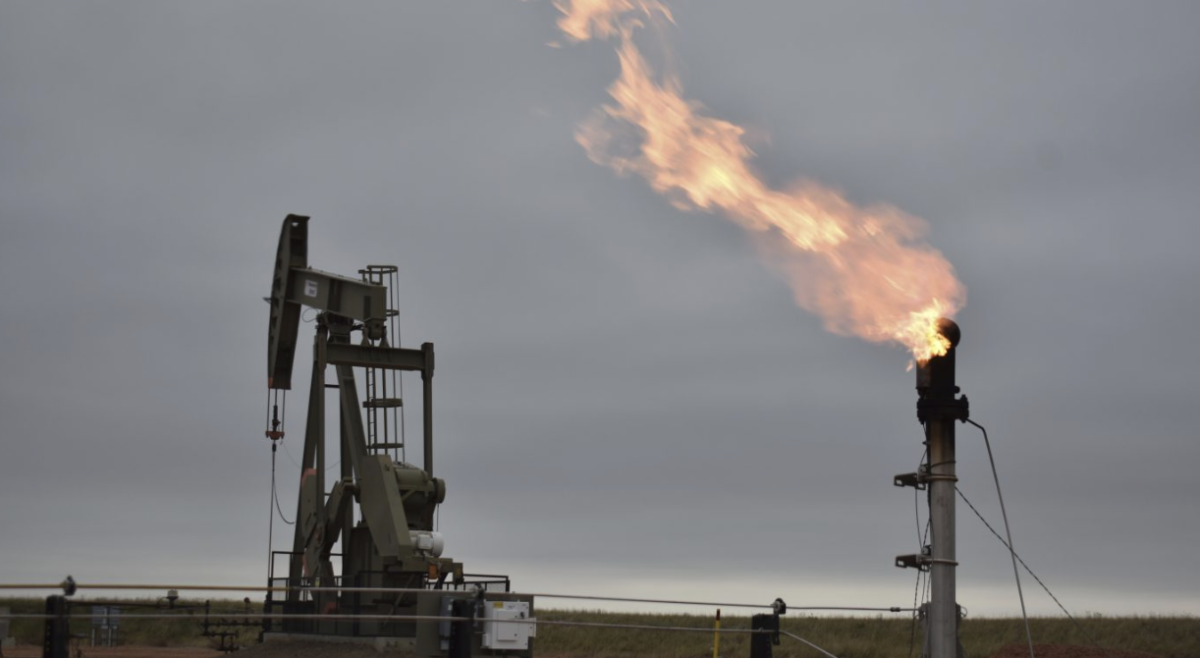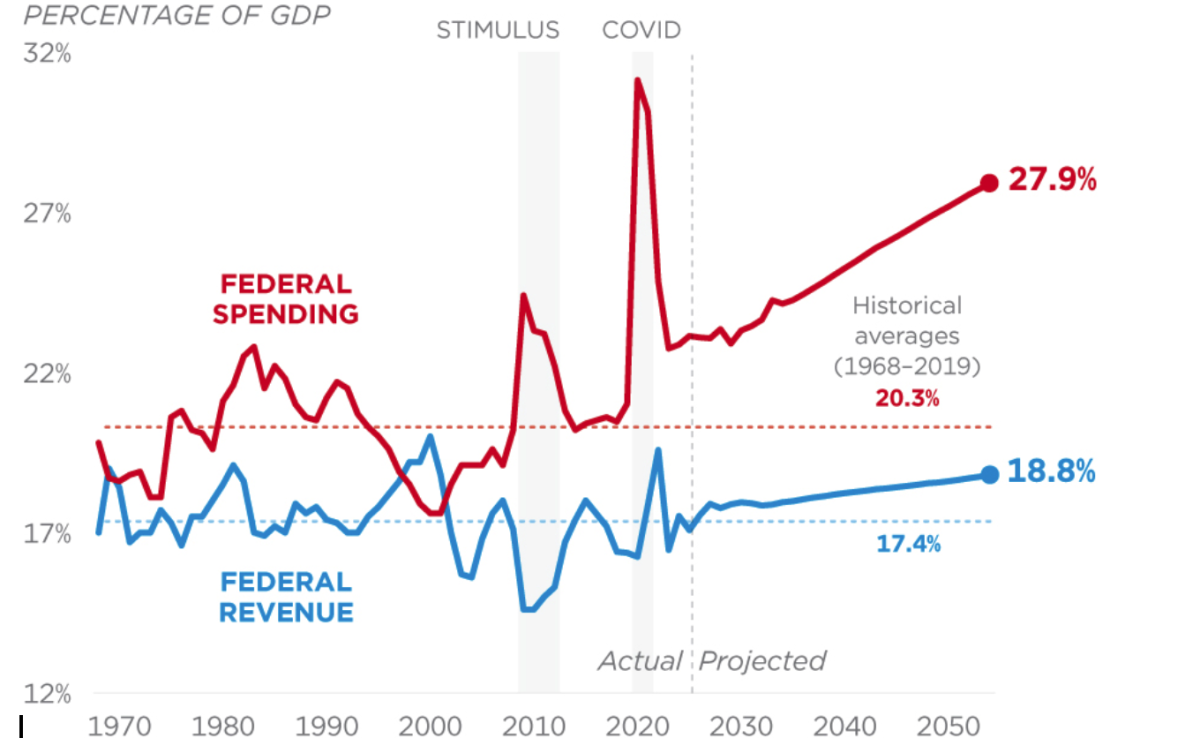The Biden administration’s new methane emission rule marks a significant step in combating climate change. Methane, although less abundant in the atmosphere than carbon dioxide (CO2), is a potent greenhouse gas that poses an 80 times larger threat in accelerating global warming. While it naturally breaks down in about a decade, its short-term impact on global warming is profound, making it a top target for immediate climate action.
“The situation with methane cannot be overstated in how important it is,” said Caitlin Wilson, an AP Environmental Science teacher.
Methane emissions stem from a range of sources, including agriculture, landfills, and fossil fuel operations. The oil and gas sector contributes the most to methane pollution, with the gas escaping during the extraction, processing, and transportation of fossil fuels. Methane’s strength as a greenhouse gas makes it a key target in achieving the goals of the Paris Agreement, a legally binding international treaty, that seeks to prevent global temperatures from rising more than 1.5°C.
“If we can reduce methane, we can really make a big dent in trying to keep temperatures within that safe operating space,” says Wilson.
Cutting methane emissions would significantly slow the rate of global warming within the next decade, providing critical time for nations to implement long-term CO2 reduction strategies.
Moreover, methane pollution reduction has benefits beyond climate mitigation. Methane contributes to the formation of ground-level ozone, a pollutant harmful to human health and agriculture. Reducing methane emissions can therefore improve air quality, reduce respiratory illnesses, and boost agricultural yields.
Efforts to regulate methane are not new. The Obama administration introduced measures to curb methane emissions from new and modified oil and gas facilities. However, these regulations were rolled back under the Trump administration, leaving significant gaps in the enforcement of those regulations. Furthermore, previous policies often faced several key challenges.
Methane regulations faced significant challenges due to limited scope, inconsistent enforcement, and legal resistance. They primarily targeted new infrastructure, leaving much of the older, high-emission equipment unregulated. Enforcement varied widely across states, creating a patchwork of compliance.
“States like Pennsylvania, Texas, and Louisiana, who stand out in natural gas production and refining industries, are going to resist regulations that could harm their industries,” said Wilson.
Under the new methane pollution rule, oil and natural gas companies will be required to pay a federal fee if they release harmful methane emissions above certain thresholds, which was announced this month by President Biden. This rule, issued by the Environmental Protection Agency (EPA), fulfills a mandate from the 2022 climate law passed by Congress.
“It’s been much anticipated and the situation with respect to methane has been a really big deal in the environmental world in recent years,” says Wilson.
The fee incentivizes the gas and oil industry to implement best practices that reduce methane emissions in order to avoid incurring the charge. The EPA estimates that this regulation could cut methane emissions by 1.2 million metric tons annually— equivalent to taking nearly eight million gas-powered cars off the road for a year.
“Methane is a super polluter, so it’s a more powerful greenhouse gas than just CO2,” said Wilson, believing in this regulation’s extreme potential. “The regulation could have incredibly positive effects on the fight against climate change.”
The rule is a pivotal part of the Biden administration’s broader climate strategy, complementing efforts to decarbonize the economy and transition to renewable energy. By tackling methane alongside CO₂, the U.S. aims to meet its ambitious climate targets under the Paris Agreement while incentivizing other countries to do the same, with the UN’s annual climate summit (COP-29) this month being a prime example of this new rule’s impact.
According to Wilson, at the COP-29, “a lot of countries have, since the U.S. showed that leadership, actually signed on to the UN methane reduction initiatives.”
Methane reduction is an environmental imperative. The Biden administration’s comprehensive approach underscores the urgent need to address all greenhouse gasses in order to achieve meaningful progress in the fight against climate change. If successful, this regulation could set a global standard, encouraging other nations to adopt similar measures and accelerating the world’s transition to a more sustainable future.
Edited by Sara Dixon






